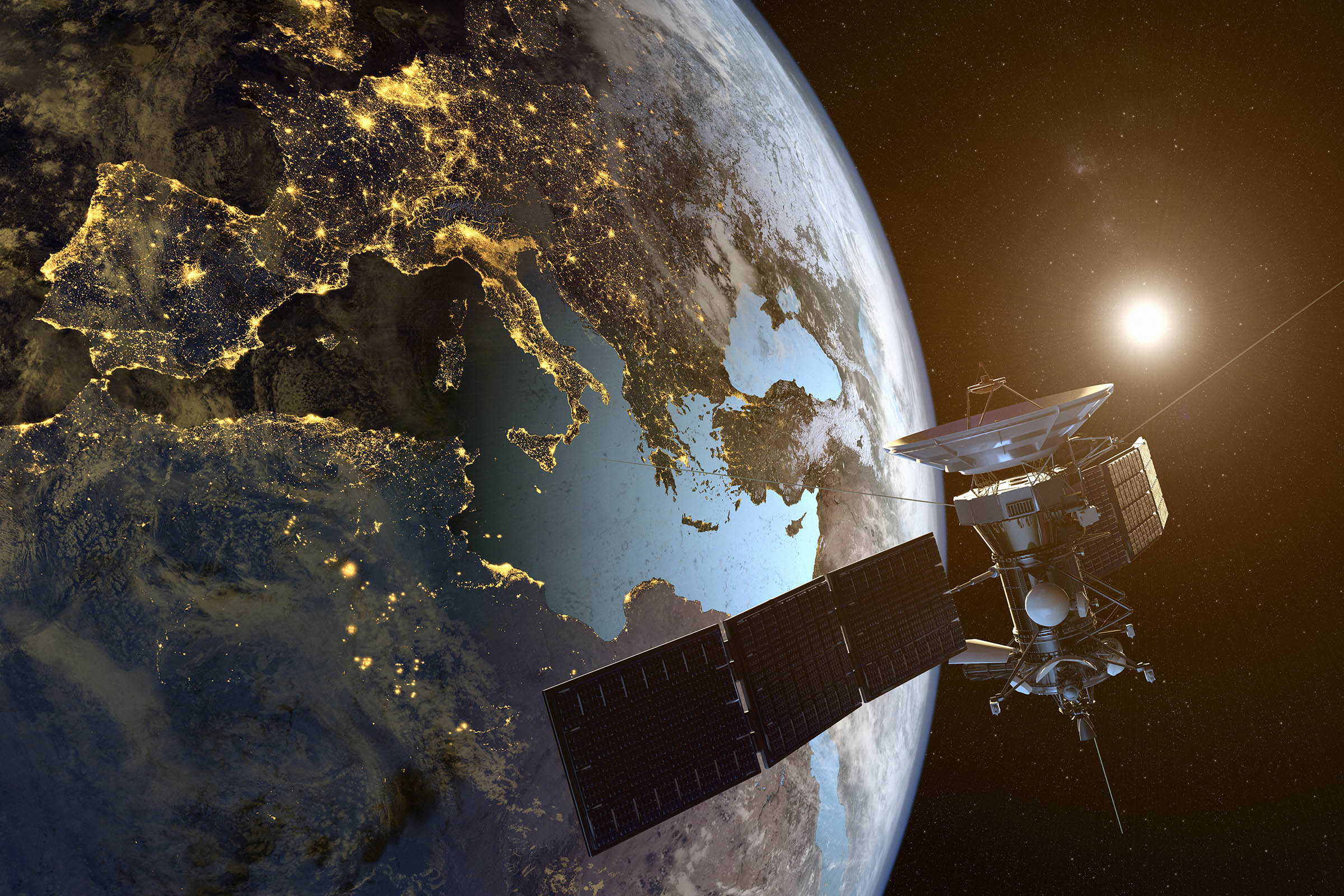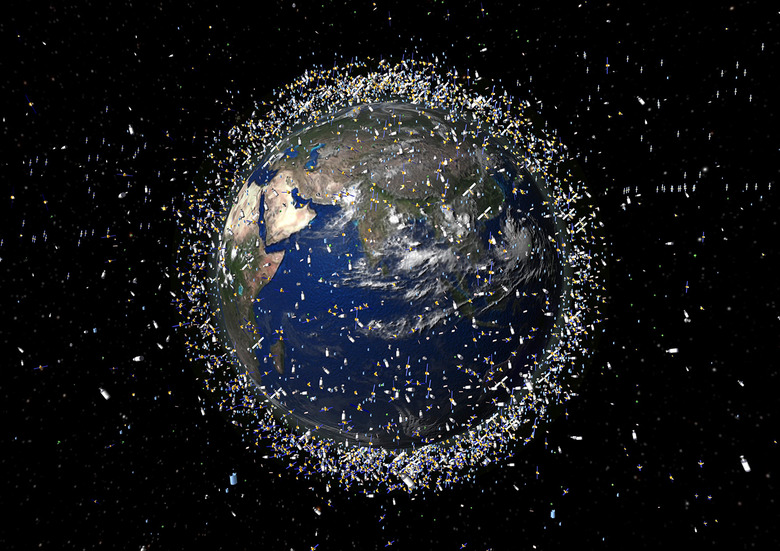Space Junk Pollution Is Poisoning Earth's Upper Atmosphere, New Study Says
Our planet is massive, and the surrounding space is even more massive. Despite that, scientists say that the amount of space junk pollution around our planet could poison the upper atmosphere and have a lasting impact on the climate.
Researchers are constantly examining how humankind affects climate change — an ongoing issue that has seen global temperatures rise significantly over the past several decades. A new study published in Proceedings of the National Academy of Sciences suggests that the metals from space junk could be poisoning the upper atmosphere.
The new study focused on how the rare metals that researchers have discovered in the upper atmosphere match the materials used to build rockets and satellites. They say that the vaporized metal most likely originated from spacecraft burning up upon reentry through the atmosphere, leaving poisonous rare metals behind.

"We are finding this human-made material in what we consider a pristine area of the atmosphere," Daniel Cziczo says. Cziczo is a professor and head of the Department of Earth, Atmospheric, and Planetary Sciences at Purdue University. He continued, "And if something is changing in the stratosphere—this stable region of the atmosphere—that deserves a closer look."
The possibility that space junk pollution could have a lasting impact on Earth's climate is indeed something important to look into. Not only do NASA and other space agencies rely on reentry events to bring spacecraft back, but we'll also be relying on those events to bring rockets with astronauts back down to Earth in future deep space missions, too.
As such, it's important to understand how the record-breaking 180 rocket launchers we saw in 2022 could affect our climate, especially with the ongoing issues only worsening.
Exactly how we would combat this beyond stopping all rockets and satellites is unclear. But considering the space junk pollution issue we already have going on, knowing how those pieces of leftover satellites and rockets could change the climate here on Earth will be vital to the ongoing expansion of space travel and ensuring we aren't destroying our planet in the process.
